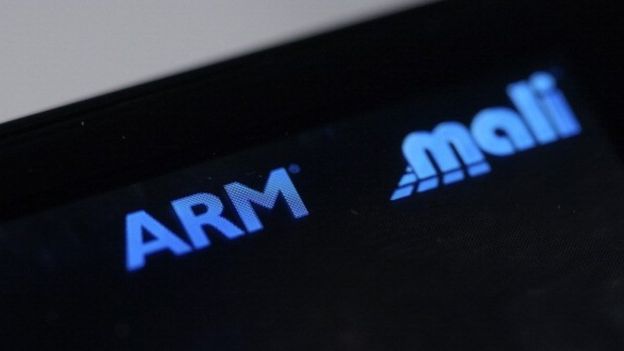 ARM Holdings
ARM HoldingsIt’s a simple formula that should be extremely familiar by now. Data and software might have high initial acquisition or production costs, but once you have them, the marginal cost of producing another unit to sell or license is zero. ARM has carved out its niche by continuously being ahead of the competition, nullifying Intel’s Sisyphean efforts to break through into mobile, and developing a wide network of satisfied licensees.
The headline reason for SoftBank’s acquisition of ARM today is the latter company’s instrumental role in developing the future Internet of Things. The pair have even set up a website dedicated to the deal, where they explain their rationale and talk up plans for world domination that’s even greater than the 90 billion ARM chips already out there. But the IoT future isn’t here yet, and a seasoned investor like SoftBank CEO Masayoshi Son doesn’t spend $31 billion purely on potential. He sees that ARM is an already profitable company with comparatively negligible expenses, he recognizes the massive discount that Brexit’s impact on the British pound has created, and he knows ARM’s influence is far greater than its size. It just makes good business sense, especially at a time when debt is cheap to sustain and cash is more of a burden than an asset.
The information age is defined by companies like ARM, whose assets are intangible
To casual observers, the idea of a company with no brand recognition — anonymous to all but the geeky spec sheet explorers — meriting an 11-figure price will seem absurd. But just like the more consumer-facing acquisitions of WhatsApp by Facebook and LinkedIn by Microsoft, this is a big investment into the information economy.
As much as hardware companies like Apple and Samsung might dominate news coverage and people’s wish lists, it’s the software and service providers that load those devices up and make them truly desirable. In ARM’s case, its information provides the blueprint and architecture atop which everything is built. Hardware manufacturers may come and go, but the one essential and irreplaceable aspect of modern mobile computing is ARM’s portfolio of intellectual property. That’s where the value is.
Source Verge.com












